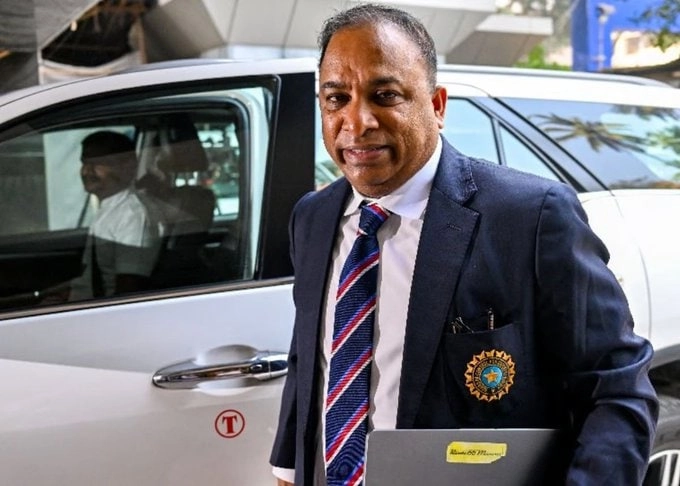The All India Football Federation (AIFF) has made a formal request to Indian Super League (ISL) clubs to release 13 players for an upcoming national camp. This request comes at a crucial time when the clubs are engaged in the Durand Cup, a prestigious tournament that showcases some of the best talent in Indian football. The AIFF’s urgency in securing the availability of these players underscores the importance of the national camp as preparations ramp up for future international fixtures. The federation recognizes that a well-prepared national team is essential for India’s aspirations in global competitions.
The players in question are key members of their respective clubs and have been performing well in the ongoing tournament. Their participation in the national camp is expected to bolster the team’s strength and cohesion, which will be vital for upcoming challenges on the international stage. The AIFF believes that with the right preparation, the national team can significantly improve its performance, and having these players in the camp is a step in that direction. The federation is hopeful that club management will see the value in contributing to the national cause by allowing their players to attend the camp.
However, the request poses a dilemma for the ISL clubs, who are keen on maximizing their performance in the Durand Cup. Balancing club commitments with national duties is an ongoing challenge in football, and clubs are often reluctant to release players during critical tournament phases. The AIFF’s appeal highlights the need for collaboration between club and national team management to ensure that both the club’s ambitions and the national team’s needs are met. As the situation unfolds, it will be interesting to see how the clubs respond and whether they will prioritize national interests over immediate club goals.
The outcome of this request could have significant implications for both the ISL clubs and the national team. If clubs agree to release the players, it may enhance the national team’s preparations and performance in upcoming international matches. Conversely, if they refuse, it could impact the team’s readiness and cohesion. This scenario illustrates the broader challenges faced in football, where the interests of club and country often intersect, and finding a harmonious solution is essential for the growth and success of the sport in India. As the football community watches closely, the AIFF’s call to action serves as a reminder of the collective responsibility shared by clubs and the national federation to elevate Indian football on the global stage.




